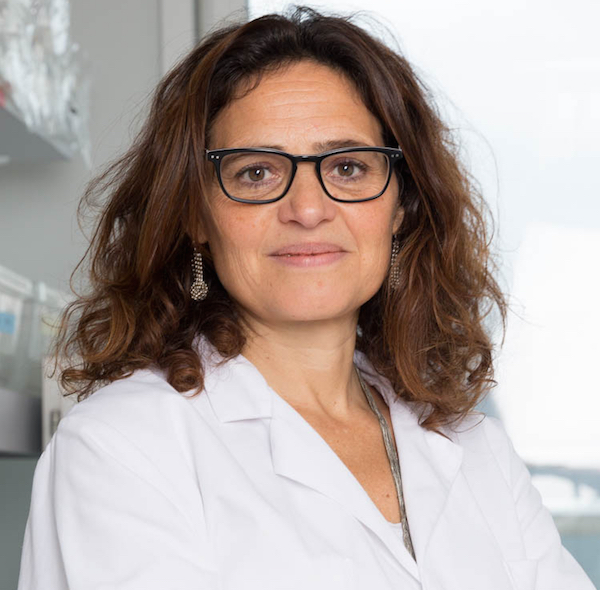IL-2-based immunotherapies for (dis)-engaging Tregs
CD25+ CD4+ Foxp3+ regulatory T cells (Tregs) control immune responses to self, tumors, microbes and grafts. Thus, rational manipulation of Tregs, including IL-2-based strategies, represents a promising avenue for immunotherapy. IL-2 is a cytokine with both immune stimulating and suppressive functions. IL-2 has been first used in the clinic at high doses to stimulate effector T cells (Teffs) and therefore immune responses against virus and cancer. More recently, IL-2 has been used at low doses to stimulate Tregs and block the immune response in type 1 diabetes and graft-vs-host disease. However, in both settings, IL-2 still acts on both Teffs and Tregs. Therefore, to improve its efficacy and specificity, IL-2 must be fine-tuned to re-direct its biological action to specifically activate either Teffs or Tregs that respectively, respond to IL-2 using different conformations of the IL-2R. We have genetically engineered resurfaced IL-2 variants (IL-2V) by introducing selected mutations that endow IL-2 with a modified biological activity. Some IL-2Vs can selectively engage or disengage Tregs, respectively constituting novel immunosuppressive or immunostimulating drugs. For cancer application, specifically targeting functional tumor-specific Tregs (FT-Tregs) is preferable to targeting all-body Tregs, so as avoid generalized immunosuppression. To that end, we performed single cell RNA sequencing of the transcriptome coupled to the TCR of Tregs from lung cancer patients and we have identified selective FT-Treg targets to which we could direct our Treg-disengaging IL-2Vs to have an improved local effect.
 Eliane Piaggio, Translational immunotherapy team U938, Institut Curie, Paris
Eliane Piaggio, Translational immunotherapy team U938, Institut Curie, ParisDr. E. Piaggio obtained the diploma of clinical biologist and the PhD in Immunology at the National University of Rosario, Argentine. She did her post-doctoral studies in France and actually is research director of INSERM. She directs the "Translational Immunotherapy team” at Institut Curie, in Paris. Her team is part of the first French Center for Cancer Immunotherapy. Her main contributions have been in the field of regulatory T-cell based immunotherapy of infectious diseases (Chagas' disease), autoimmunity (type 1 diabetes and multiple sclerosis/EAE), alloreactivity (GVHD and transplantation) and more recently, cancer. Her team is interested in the development of novel immunotherapies, translatable to patients.
Now working in biotechnology with a focus on cancer immunotherapy, Dr. Turley applies principles established in rigorous basic science to making real-life medicines that positively impact cancer patient outcomes. She also continues her mentorship of trainees including postdoctoral fellows and students at the graduate and undergraduate levels.
